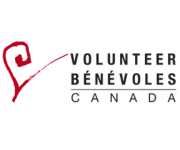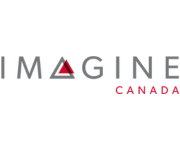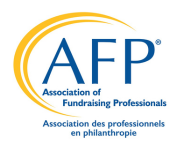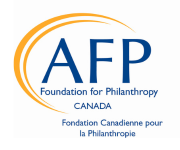
The Grants and Contributions database is composed of proactively published government grants and contributions data produced through a consolidation of reports submitted by federal institutions. This database provides information on the grants and contributions awarded by the Government of Canada to various recipients, including individuals, organizations, and businesses. The dataset was launched in 2018 with the goal of increasing transparency, accountability, and improving the utility of data about federal grants and contributions.
The dataset covers different types of grants and contributions, such as:
- International assistance grants and contributions, which support Canada’s foreign policy and development objectives.
- Research and innovation grants and contributions, which support Canada’s science, technology, and innovation agenda.
- Other grants and contributions, which support various social, economic, cultural, and environmental programs and initiatives.
The dataset contains information on the following aspects of the grants and contributions:
- The name and type of the funding program or initiative
- The name and location (city) of the recipient
- The amount and duration of the funding
- The purpose and expected results of the funding
- The status and progress of the funding
- The performance indicators and outcomes of the funding
A detailed description of the 15 different data fields can be found here.
Uses of the Grants & Contributions data:
This information serves diverse functions, including trend and pattern analysis, effectiveness and efficiency evaluation, transparency and accountability enhancement, gap and opportunity identification, stakeholder engagement, policy development, distribution planning, and funding source discernment. Individuals with an interest in Canada’s charitable sector, including donors, researchers, journalists, policymakers, or charities, may find value in this data for gaining insights, making informed decisions, or refining their practices.
- Analyzing Trends and Patterns: Examine the trends and patterns of grants and contributions across various sectors, regions, and demographic groups.
- Evaluating Effectiveness and Efficiency: Assess the efficiency and effectiveness of grants and contributions in achieving objectives, delivering results, and identifying financial assistance trends.
- Enhancing Transparency and Accountability: Utilize the dataset to improve transparency and accountability in the management of grants and contributions, ensuring public understanding of fund allocation and utilization.
- Identifying Gaps and Opportunities: Recognize gaps and opportunities for improving grants and contributions, aligning them with government priorities and public needs.
- Engaging Stakeholders: Collaborate with stakeholders and beneficiaries of grants and contributions, ensuring the dataset meets their needs and fosters effective communication.
- Policy Development: Policymakers and researchers can leverage the dataset to evaluate existing programs, inform the development of new policies, or make adjustments to current initiatives.
- Distribution Planning: Identify and plan resource distribution by reviewing data for similar recipients.
- Funding Source Identification: Discover potential sources of funding and collaborators by identifying entities that have received grants for volunteering.
Making sure different groups of people know about this data is really important. It helps spread awareness and accessibility of this valuable resource, thereby promoting its utilization and continuous improvement.
Accessing the data:
The Open Government Portal has a web interface to search for specific grants and it also provides the option to download the entire database.
Improvements to the data:
In 2018, the Grants and Contributions database became more accessible and usable for the public. Users could not only search for specific grants, but also download the entire database and use a gov search application to find relevant information. This was part of the goal of increasing transparency, accountability, and improving the utility of data about federal grants and contributions.
At the same time, an open data standard for grants and contributions data was developed, based on a proposal by Michael Lenczner, an open data expert and nonprofit leader, to the Open Government portal in 2016. The proposal aimed to make grants and contributions data more detailed, structured, and interoperable, with input from open data experts, policy makers, and nonprofit representatives. The proposal received public support and was aligned with international best practices. The open data standard was a significant step towards enhancing the quality and consistency of the data, and enabling more insights and collaboration among different stakeholders. It also demonstrated the potential of engaging the public and the nonprofit sector in the open government process and co-creating solutions for common challenges.






